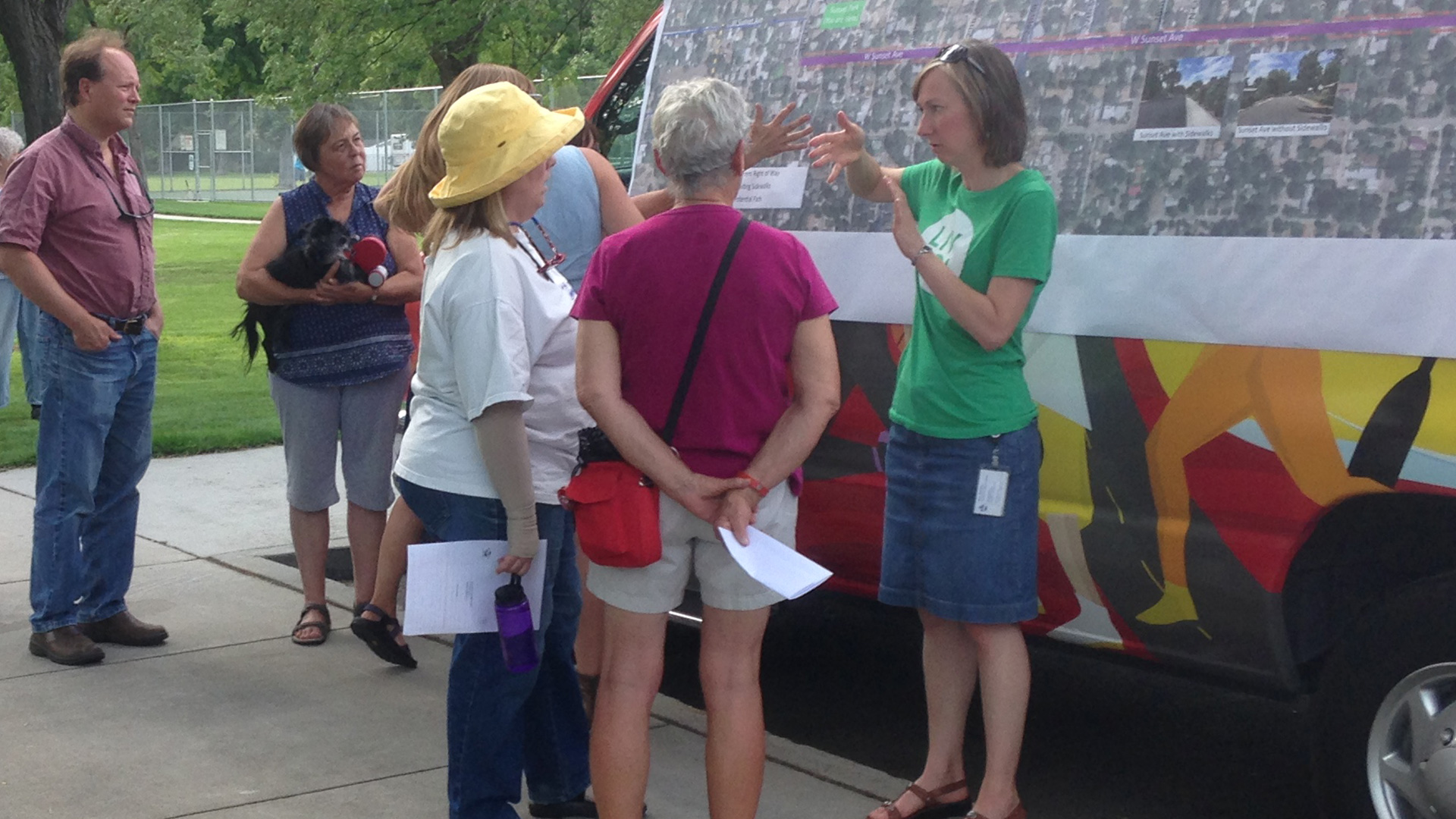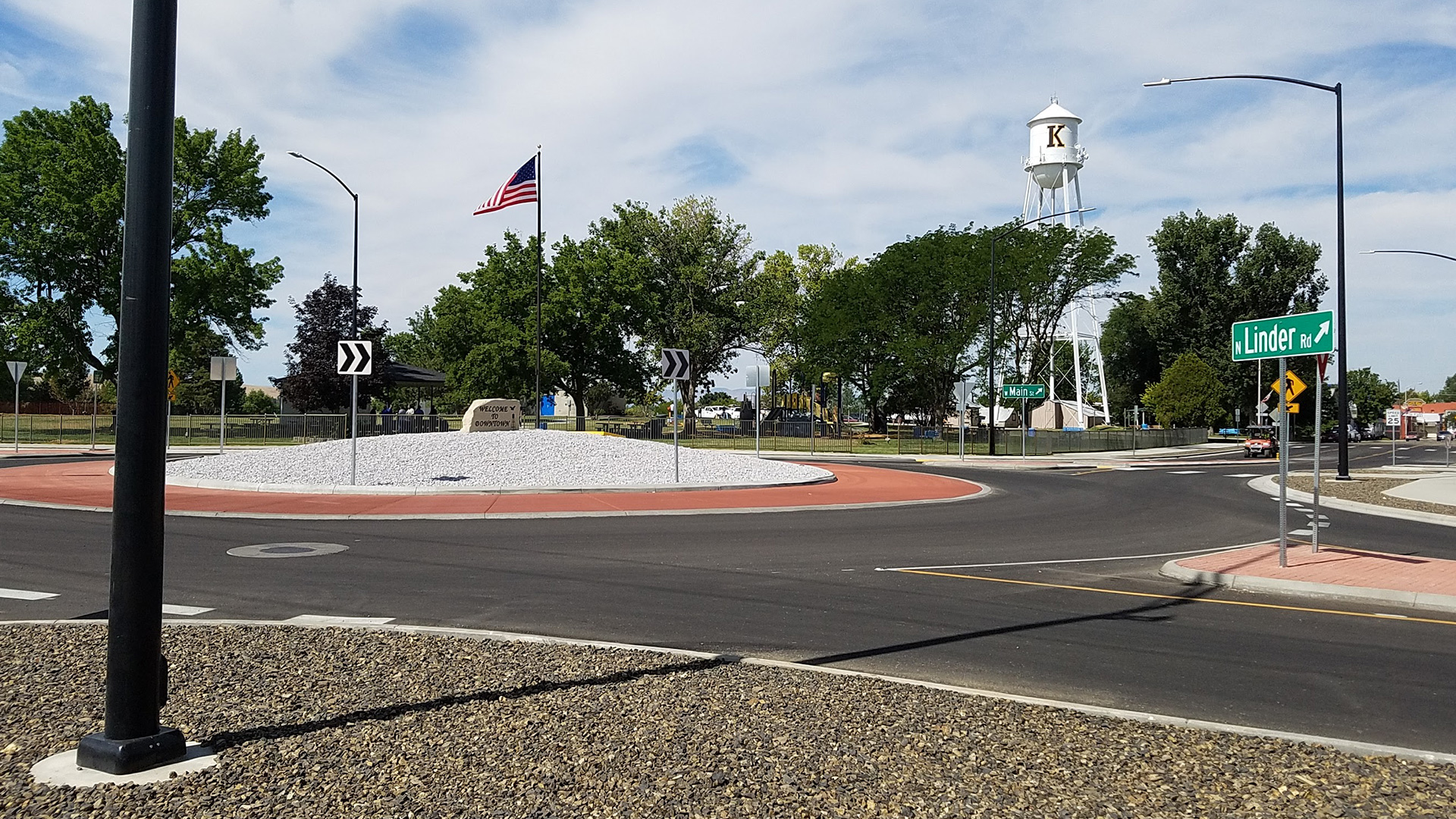Challenge
The City of San Diego was awarded a grant to create safer, more equitable transportation options for communities. This Safe Streets 4 All (SS4A) Action Plan Management, Monitoring, and Reporting grant will address three interrelated programs:
- Historically Disadvantaged Community Quick Build Program: Identify safety improvement projects in disadvantaged communities and implement a toolbox of quick build treatments to see positive changes on the roads as soon as possible.
- Comprehensive Speed Management Program: Reduce speed limits citywide, per Assembly Bill 43: Traffic Safety, and provide educational materials to spread awareness about the impacts of speeding.
- Slow Streets Program: Identify a network of streets where traffic calming measures can help provide multimodal connections to everyday destinations. Establish a community-driven process for project development and implementation.
San Diego then needed to implement these programs on appropriate roadways that stood to have the greatest impacts.
Solution
Kittelson took a citywide, geospatial inventory of multimodal conditions on every street in the city, as well as locations many San Diegans want to reach daily. Utilizing innovative access analysis, Kittelson conducted a data-informed equity assessment that identified disparities in access to these destinations and highlighted opportunities for improving equitable access.
Kittelson used the criteria established in Assembly Bill 43 combined with characteristics of San Diego’s roadway network and built environment to determine where speed limits are eligible for reduction. These locations primarily included speed limits on safety corridors, high pedestrian and bicycle activity corridors, and business activity districts. The resulting network allowed the City to precisely target speed limit adjustments where they are most needed, as they performed their ongoing speed limit studies. This new approach to setting speed limits is anticipated to decrease the number of fatal and serious injury crashes by reducing speeds and kinetic energy transfer in areas with higher crash risks.
Our team is currently working with the City staff to build a toolbox to support the smooth implementation of quick build and slow streets projects across the City. The toolbox will include templates based on real world intersection and corridor conditions. The City will use these to rapidly construct projects like quick build roundabouts, bike lanes, and curb ramps. Kittelson is also developing a guidebook to empower residents and community groups to identify slow streets projects in their neighborhoods and work with the City to make them a reality.
The Outcome
Bringing San Diego’s Streets into a Safer and More Equitable Future
San Diego’s new programs will work toward enhancing safety and mobility for all road users, reducing transportation inequities, and creating more livable, connected communities that better support the wellbeing of residents and visitors alike. Further development of the three programs funded by the SS4A grant will entail the application of a consolidated Geographic Information Systems (GIS) database of roadway characteristics, a toolbox of safety-related treatments, and new standard concepts of specific quick build projects. As these programs and tools become part of the fabric of the city in coming years, San Diego will see lower speed limits, an increase in quick build projects protecting vulnerable users, and community-led cultivation of slow streets on eligible roadways.



